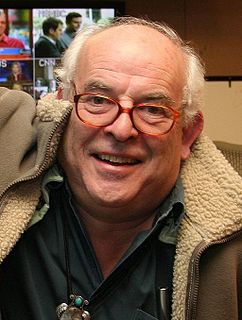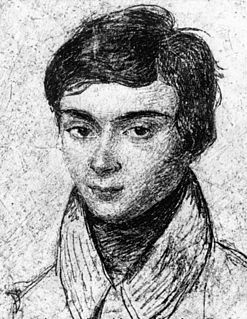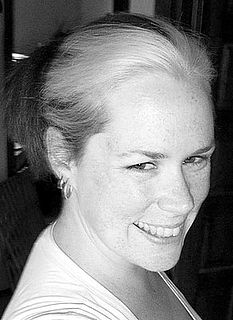A Quote by Donald Norman
Readers always seem to think that the author has some control over the design of their books.
Related Quotes
I'm very intrigued by e-books, the topic du jour in the industry today. As a number one bestselling Kindle author, I love the way e-books make an author's backlist accessible to new readers. Of course, price point remains a source of concern. Personally, I don't have any of the answers, but I'm intrigued by the questions.
I seem to have been cast several several times to do it. I think in this one, Phoenix is not purely evil. She was in the comic books at some point but the way the writers created her or we always talked about her, was that she was torn with her powers taking over and trying to control them at the same time. It was challenging to play which made it interesting for me to play this character.
I only know what it's like to be an author with social media. I can't compare. I do think we lose the mystery of the author. Today, I get tons of e-mails and Facebook messages from readers, and my goal with Twitter and Facebook is, if someone reaches out to me, I'm going to respond to them. I don't want to be an elitist author who is untouchable. I'm just a regular person, too. I will always respond to everybody.
I always give books. And I always ask for books. I think you should reward people sexually for getting you books. Don't send a thank-you note, repay them with sexual activity. If the book is rare or by your favorite author or one you didn't know about, reward them with the most perverted sex act you can think of. Otherwise, you can just make out.





































